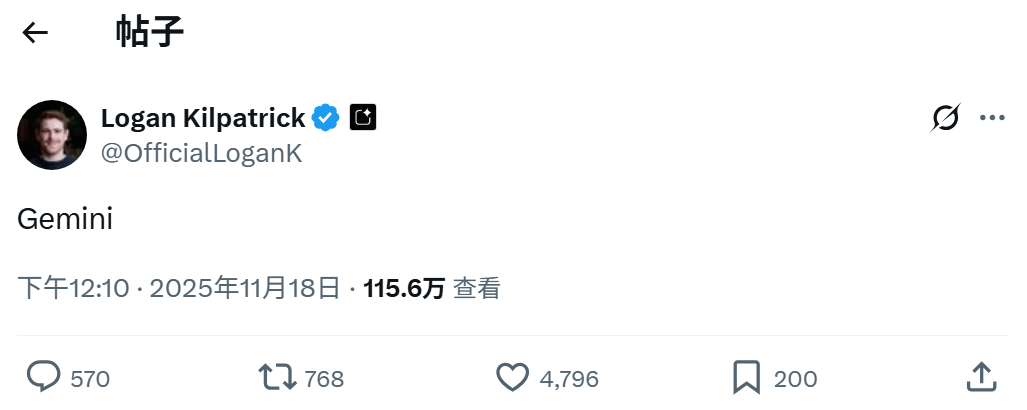- HB1812 bans Pennsylvania public officials and families from owning or trading crypto during and after office.
- Officials must divest digital assets within 90 days and disclose holdings over $1,000 annually.
- Violations carry penalties up to $50,000, aligning the bill with Pennsylvania’s existing Ethics Act framework.
Pennsylvania lawmakers have introduced House Bill 1812 (HB1812) , a proposed ethics law designed to limit public officials’ exposure to digital assets. The measure, filed this week, would ban public officials and their immediate families from owning or trading cryptocurrencies, NFTs, and other digital tokens while in office and for one year after leaving.
Scope and Requirements of HB1812
The text of HB1812 defines digital assets broadly as any item that can be transferred or traded electronically. Covered assets include cryptocurrencies, meme tokens, and non-fungible tokens. If enacted, the bill would require public officials to divest their digital assets within 90 days of taking office. Those already in office at the time of passage would face the same 90-day deadline to divest.
The rule extends to immediate family members, ensuring that financial influence cannot be redirected through relatives. The bill also directs annual disclosure. Public officials should disclose any digital asset worth above $1,000. Such revelations would form part of regular financial reports that are open to the wider public, providing an additional mechanism of supervision.
The bill bears serious penalties in case of violation. Officials who do not divest or disclose may be fined as much as $50,000. Also, there may be a violation of general ethics legislation in Pennsylvania. Confirmed by an X post from Bitcoin Archive, the amount of violation might result in extra fines or even imprisonment in case of severe misconduct. The execution process will place HB1812 within the context of the current Ethics Act in the state and create a framework that combines the regulation of digital assets with the state’s established rules of governance.
National Political Context
The proposal arrives amid heightened scrutiny of crypto ties among national leaders. President Donald Trump and his family remain closely connected to the digital asset sector. Trump’s son Eric co-founded American Bitcoin, a mining company. The family also holds stakes in World Liberty Financial and other blockchain-related businesses.
Meanwhile, Truth Social, a Trump-owned platform, has filed for several crypto-related ETFs, including a dual Bitcoin and Ethereum fund. Earlier this year, watchdog group Accountable.US sent a letter to the Securities and Exchange Commission urging the agency to reject the application, citing Trump’s financial interest.
House Democrat Maxine Waters has separately advanced the Stop Trump in Crypto Act, which would prevent senior government officials from owning or promoting digital assets during their tenure. Alongside HB1812, Pennsylvania also enacted new rules requiring digital asset transmitters to obtain state licenses. These measures place Pennsylvania among states such as New York that already enforce licensing for digital asset activities.




